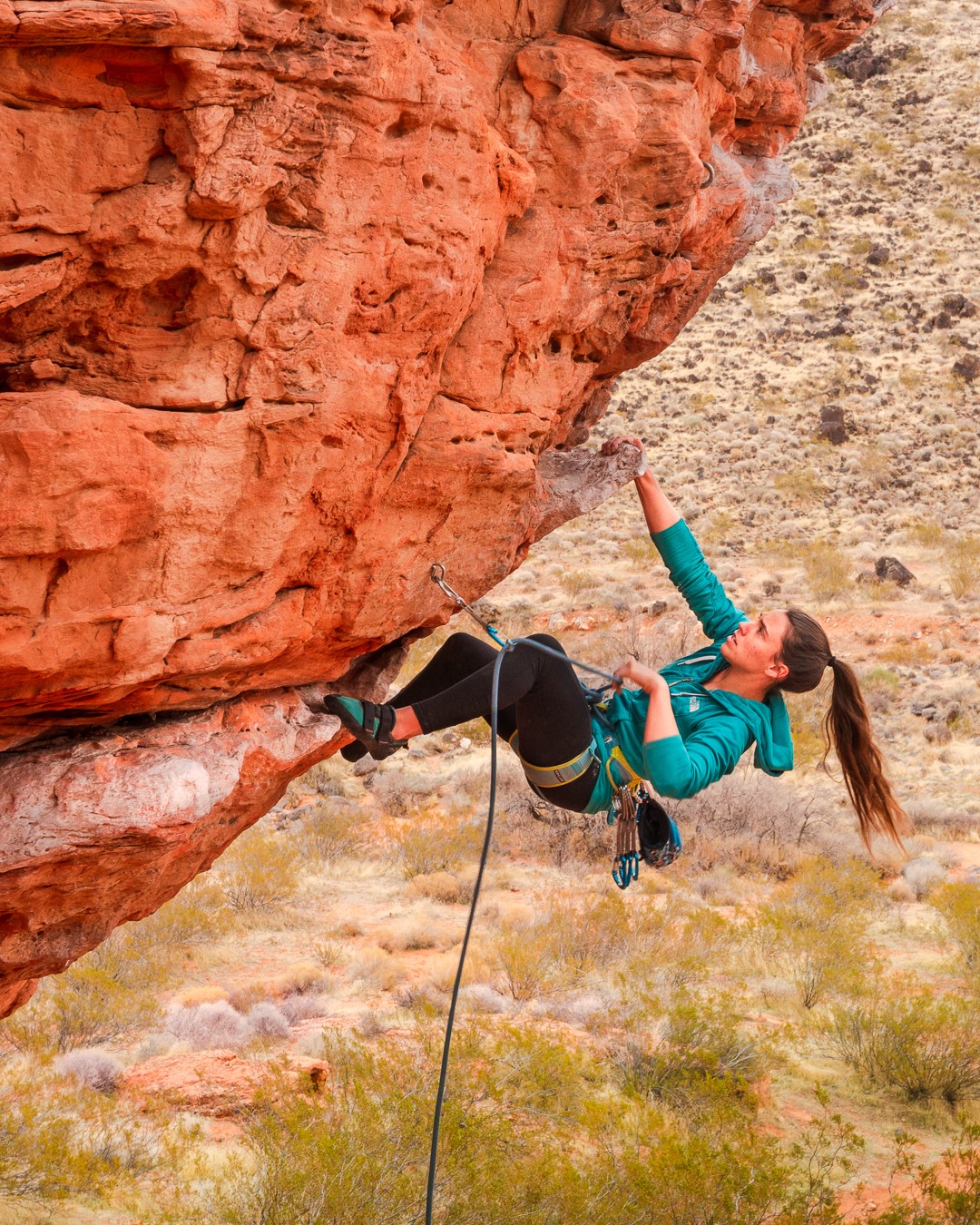Namita Nayyar:
You have traveled to 26 different countries and learned more about self-worth. Can you elaborate on how a teenager can inculcate habits to realize their self-worth and contribute to their development?
Gabi Robledo:
I spent my high school years almost completely outside of “normal” society. Being unschooled, learning mindfulness, and starting a business at such a young age, I didn’t exactly fit in with my peers and that forced me to create my self-worth from within because I couldn’t obtain it through validation and acceptance. It was painful at the time but it’s so important because what you believe you are worth is what you believe your value is and if you believe you are valuable, we are willing to face the possibility of failure and rejection of the pursuit of your goals, dreams, and desires.
In the big picture, we need to support teens in practicing self-awareness in order to teach intrinsic self-worth. This looks like getting clear on what your gifts are, what adjectives you’d use to describe yourself, and what words describe the person you want to be. I always have people answer these in a tangible written process. Creativity is the fastest way to self-value too. So that can look like art, writing, building, and sports in a non-comparison-oriented manner. You just gotta get in your body, be imaginative, and not be so focused on the outside world. Journaling is very helpful or quite simply, make it a habit to write 10 things you’re grateful for every day. Do all the things or just one of them but teens need to start somewhere in building the habit of self-awareness.

Namita Nayyar:
How has been the experience of rock climbing for you? The highest level you ever achieved. Key components to master rock climbing.
Gabi Robledo:
Rock climbing literally changed my life. It was actually because my mom and dad learned to rock climb that they decided to move us into an RV to go travel. Rock climbing, along with surfing, hiking, and snowboarding, has brought me to some of the most beautiful places in the world.
I still find equal joy in surfing and snowboarding but climbing is very unique in the way that you have to confront your own beliefs, fears, and inner dialogue. The nature of rock climbing, specifically sport climbing, is pretty safe—we generally have backups for everything but, there is something about being on “the sharp end” 60 feet in the air with the risk of falling 10-20 feet that makes all your subconscious thoughts come to the surface. Rock climbing is dynamic, creative, militant, and precise all at once. It has been a pillar of my journey as a place where I can pursue passion, experience creativity, question my deeper fears, and inspire my purpose all at once.
In technical terms, the best climbs I’ve successfully completed are 5.12a (Yosemite Decimal System) but I’m far more interested in climbing related to summiting mountains and backcountry travel than trying to compete in the number grades.
If you want to master rock climbing there are two things to know.
- First, there’s no such thing as a master rock climber because there are too many different disciplines.
- Second, it’s not about mastering climbing, it’s about mastering yourself. What happens on the climb is a culmination of your entire mind-body connection. If you think you can’t make a move, you won’t be able to. If you’re scared of falling, you’ll fall. Get good at noticing your thoughts, rationalizing your fear, and believing in yourself and rock climbing will become a dance instead of a fight.
Disclaimer
The Content is not intended to be a substitute for professional medical advice, diagnosis, or treatment. Always seek the advice of your physician or other qualified health provider with any questions you may have regarding a medical condition.